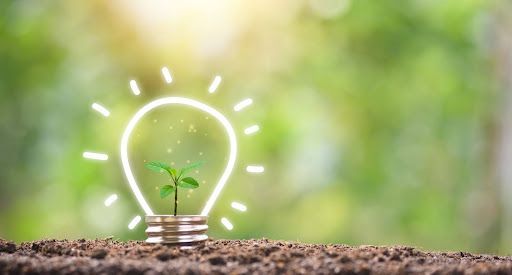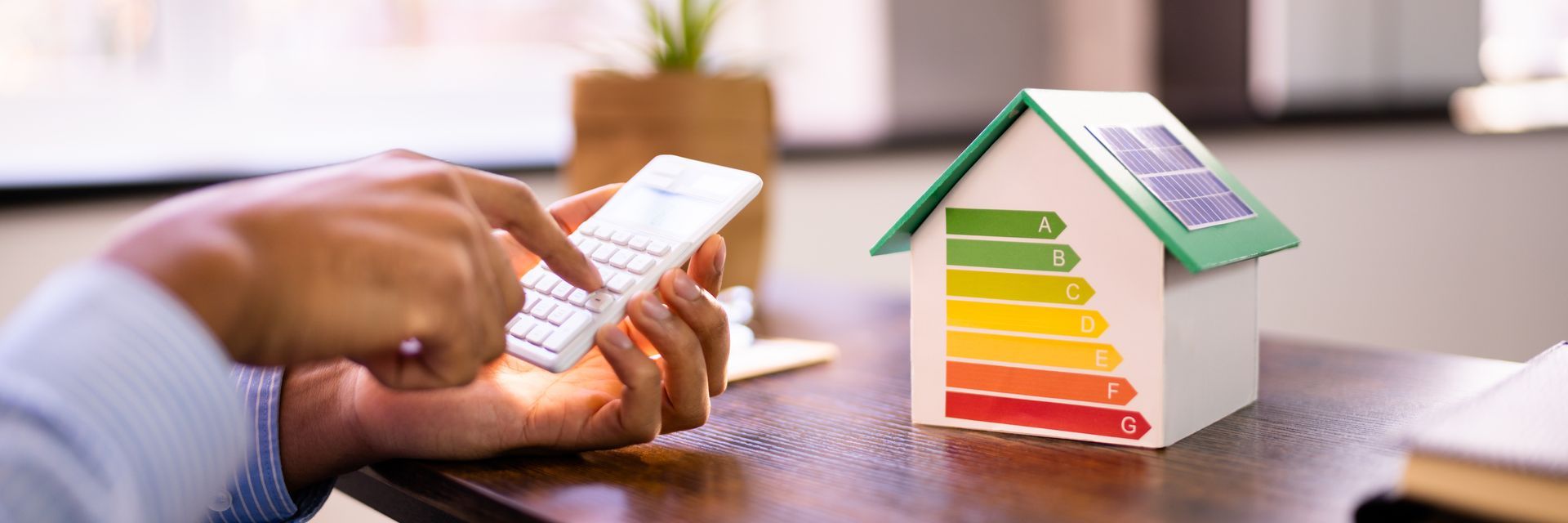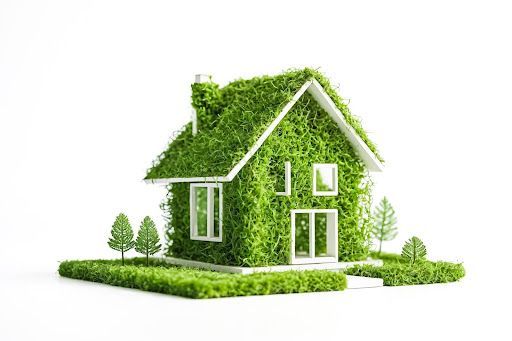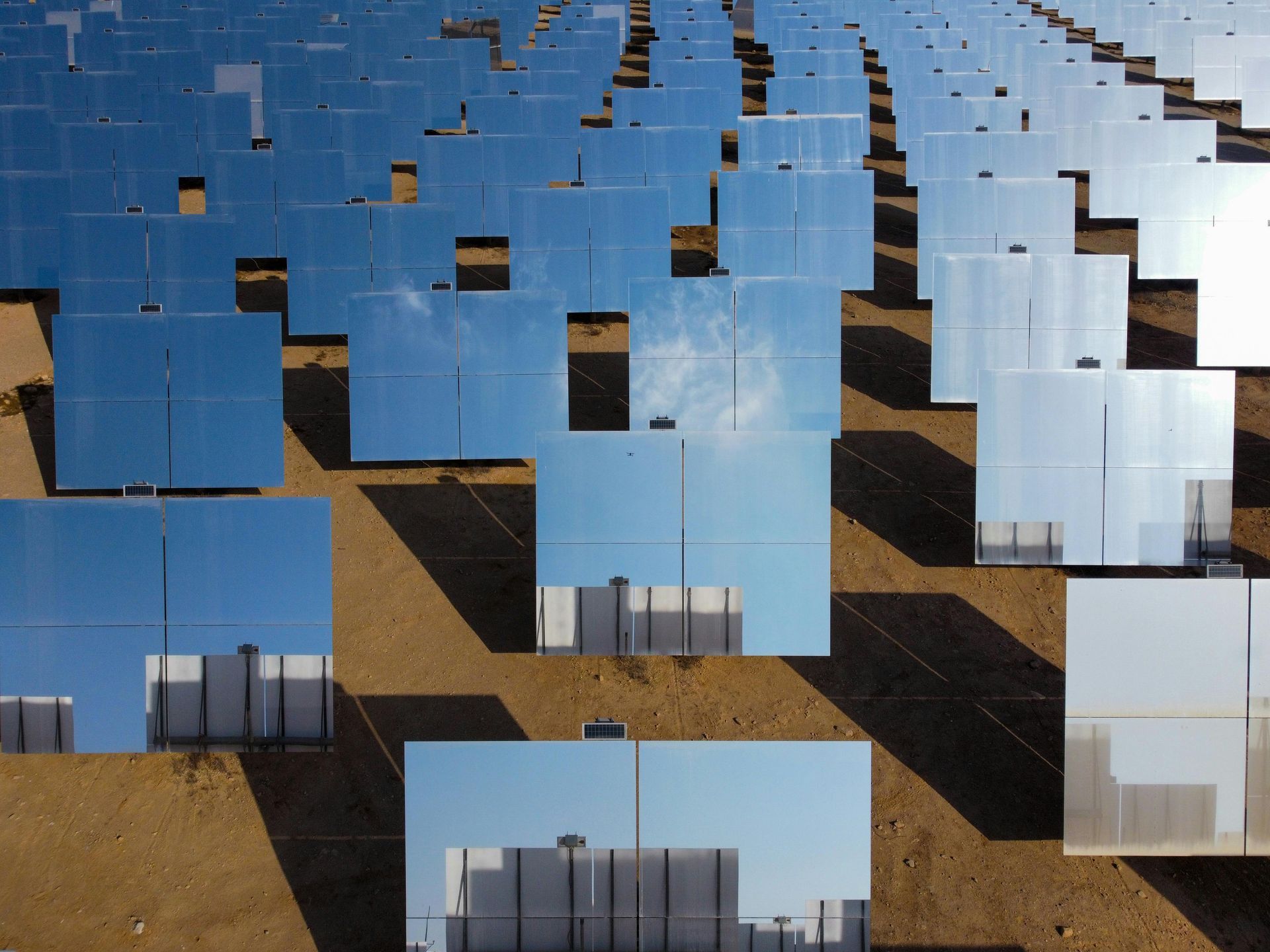Maximizing Savings: A Guide to Green Home Incentives
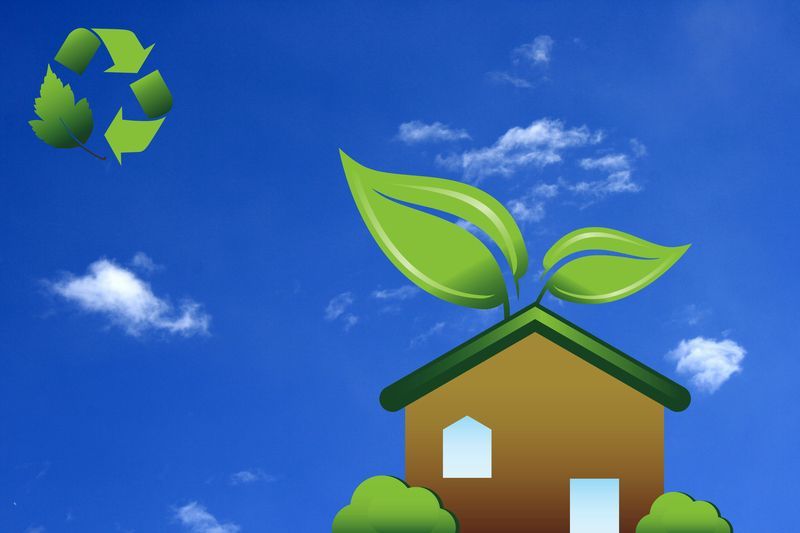
Homeowners today are increasingly aware of their environmental footprint and are actively seeking ways to reduce it. In response, governments and private entities are offering a range of incentives to promote eco-friendly practices. These incentives serve as both a reward and a motivation for homeowners who incorporate sustainable features into their homes, from energy-efficient appliances to renewable energy systems. Understanding the array of tax credits, rebates, and incentives available is key for homeowners looking to make green choices that are not only beneficial for the environment but also for their finances.
Federal Tax Credits for Energy Efficiency
One of the most significant incentives comes in the form of federal tax credits, which can reduce the amount of income tax a homeowner owes. Credits are available for a variety of home improvements including installation of energy-efficient windows and doors, roofing, and insulation. Homeowners can also take advantage of tax credits for high-efficiency heating and cooling systems, water heaters, and biomass stoves.
Renewable Energy Incentives
Investing in renewable energy systems such as solar panels, wind turbines, and geothermal heat pumps not only reduces utility bills but also qualifies homeowners for substantial tax credits. These incentives can cover a percentage of the cost of purchasing and installing renewable energy systems in a home. As these technologies advance and become more accessible, the potential for long-term savings increases, making the initial investment increasingly attractive.
State and Local Rebates and Incentives
Beyond federal programs, many states and local governments offer additional rebates and incentives. These financial incentives can significantly lower the cost of green upgrades. They can come in the form of direct rebates, property tax exemptions, sales tax exemptions, or even low-interest loans. Homeowners should consult local energy offices or use databases such as the Database of State Incentives for Renewables & Efficiency (DSIRE) to find specific opportunities available in their area.
Utility Company Incentives
Utility companies often provide incentives for customers to improve their home's energy efficiency. These can include rebates for purchasing energy-efficient appliances, discounts on energy audits, or even rewards programs for reducing electricity usage during peak times. Homeowners should contact their utility providers to explore the incentives available to them.
Energy-Efficient Mortgages
Energy-efficient mortgages (EEMs) are another avenue through which homeowners can finance their eco-friendly home improvements. These specialized loans allow borrowers to include the cost of energy-efficient upgrades in their mortgage, sometimes with more favorable terms. EEMs acknowledge that the savings from lower utility bills can offset the cost of green improvements, thereby enabling homeowners to budget more for upfront costs.
Certification Programs and Incentives
Certification programs such as Energy Star, LEED, and the National Green Building Standard offer additional incentives for homeowners. Achieving certification can often lead to benefits like higher resale values, eligibility for green grants, and other financial incentives. These programs set forth the guidelines for what constitutes a green home, helping homeowners to plan upgrades that meet these standards.
Incentives for Water Conservation
Water conservation measures are increasingly important in many regions. Incentives such as rebates for low-flow toilets and showerheads, drought-resistant landscaping, and rainwater collection systems can help homeowners save water and money. These incentives are especially prevalent in areas where water resources are scarce and conservation is a public priority.
Incentives for Electric Vehicles and Charging Stations
For homeowners who have embraced electric vehicles (EVs), incentives are available not just for the vehicles themselves, but also for the installation of home charging stations. These incentives can take the form of tax credits, rebates, and even reduced electricity rates for EV charging during off-peak hours.
Navigating the Process of Claiming Incentives
While the financial benefits of green home incentives are clear, navigating the process of claiming them can be complex. Homeowners may need to meet specific energy efficiency standards, obtain energy audits, or fill out detailed paperwork to qualify. In some cases, the timing of the improvements and the application for incentives is crucial. Professional assistance from tax advisors or program representatives can be invaluable in ensuring that homeowners meet all the requirements to maximize their savings.
With a variety of incentives available, homeowners have numerous opportunities to make their homes more sustainable while also enjoying financial rewards. Tax credits, rebates, and other programs can offset the costs of eco-friendly upgrades, making green living both an environmentally sound and economically smart choice. Homeowners are encouraged to research and take full advantage of the incentives available to them, benefiting their finances, their home's value, and the planet. By leveraging these opportunities, the choice to go green becomes not just an ethical decision but a strategic financial move that can pay dividends for years to come.
Ready to transform your home into a sustainable sanctuary and unlock the financial benefits of green upgrades? At Danijela Quenzler Realtor, we’re committed to helping you make eco-friendly choices that enhance your property's value and reduce your carbon footprint. Contact us today to start your journey toward a more sustainable future.

